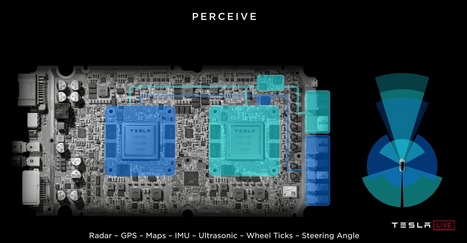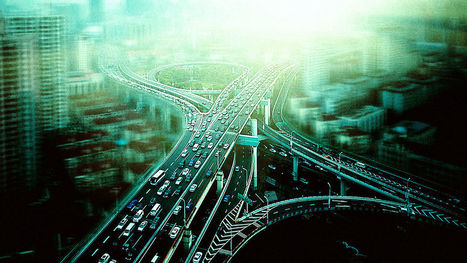Cleantechnica has compiled the event video plus tons of liveblogging highlights from the event : there is a trove of insight about where Tesla is going and how they are going there.
They have designed their own FSD (Full Self Driving system) that doesn't need a LIDAR and "learns" from shadow mode driving of the whole deployed Tesla fleet. This is how they will be able to deploy Robotaxi mode with just a software update.
For instance,
“Early testing of new FSD hardware shows a 21× improvement in image processing capability with fully redundant computing capability.
“This is all done at a modest cost while delivering a fully redundant computing platform to all of Tesla’s vehicles currently in production.”
General summary from Kyle: “Our shit is really, really fast and we built it better than anyone else.”
Elon notes that Tesla finished this design 1½–2 years ago and then started on the next system design. They are not talking about the next design now, but they’re about halfway through it.
Some additional technical notes from Chanan Bos:
“An enthusiast Intel desktop i7 processor with 8 cores has 3 billion transistors, Tesla’s new chip has 6 billion. But that is till less than some crazy 18 core Intel ships like Skylake-X which has 8.33 billion transistors. An iPhone has about 2 billion.
“So SRAM is much faster but is more expensive and has less storage compared to DRAM.
“Nvidia Xavier (available early 2018) had 30 TOPS (Tera Operations Per Second). Tesla’s FSD chip has 144 TOPS.”



 Your new post is loading...
Your new post is loading...












Tesla is going vertical at full speed as it designs its own Full Self Driving System. This is what will enable Robotaxi mode and will slash the cost of owning a Tesla by 3x.
The following report contains almost all slides presented with an incredible level of details. A must read for anybody involved in Autonomous Vehicle technology and issues.